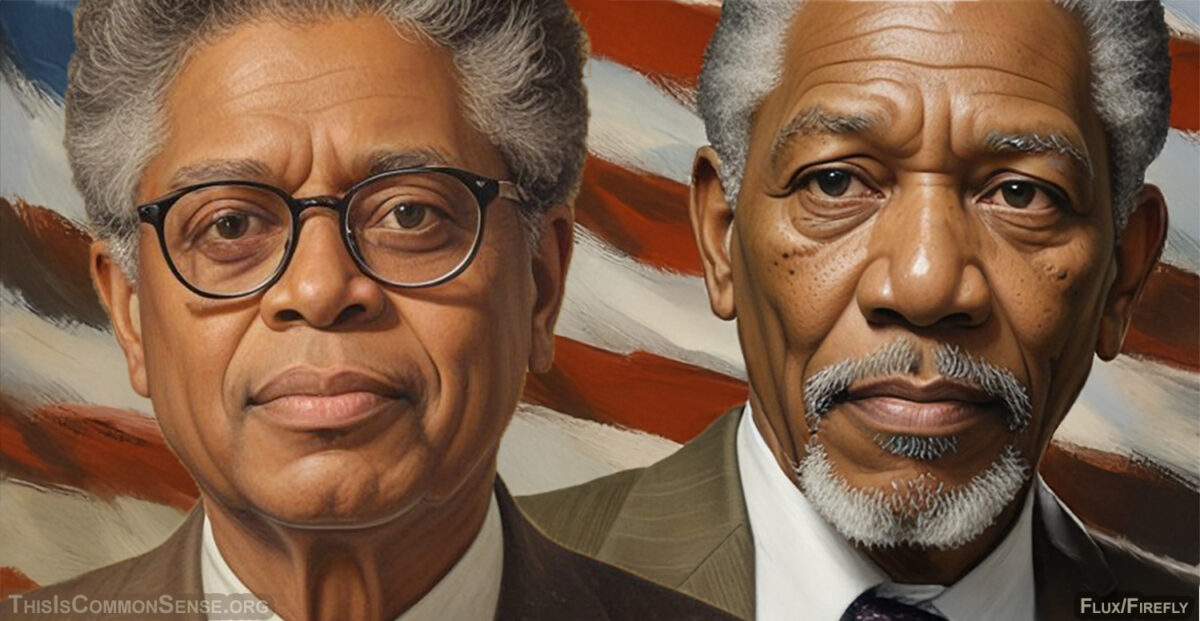When we think of Black History Month, whom do we tend to think of?
One person I think of is Morgan Freeman, who “detests” this commemoration, “the mere idea of it.… You are going to celebrate ‘my’ history?! The whole idea makes my teeth itch.… My history is American history.”
He also dislikes the term “African-American,” calling it a misnomer.
“Most black people in this part of the world are mongrels. And you say Africa as if it’s a country when it’s a continent, like Europe.”*Freeman regards his skin color as only one attribute, and not one that goes very far to distinguish him as an individual.
What events and which achievers might we ponder in addition to Harriet Tubman, Frederick Douglas, Martin Luther King, other champions of civil rights, great inventors, scientists, educators, business, artists, even actors like Freeman and Denzel Washington? The list of celebration-worthy black Americans is endless.
In a proclamation about Black History Month, the new White House mentions a name that doesn’t always make the list: scholar Thomas Sowell.
Highlighting Sowell may make the teeth of many progressives itch, for he advances unconventional perspectives and reasoning about race and the real impact of racism on economic as well as other features of American life and our global civilization. He has done this for decades, especially in books featuring provocative titles, including Civil Rights: Rhetoric or Reality? (1984), The Vision of the Anointed (1995), Black Rednecks and White Liberals (2005), and Discriminations and Disparities (2018), often criticizing policies such as “affirmative action.”
Black history is American history — and vice versa — every month of the year.
This is Common Sense. I’m Paul Jacob.
* Of course, in this part of the world, most of us are “mongrels.”
Illustration created with Flux and Firefly
See all recent commentary
(simplified and organized)
See recent popular posts


